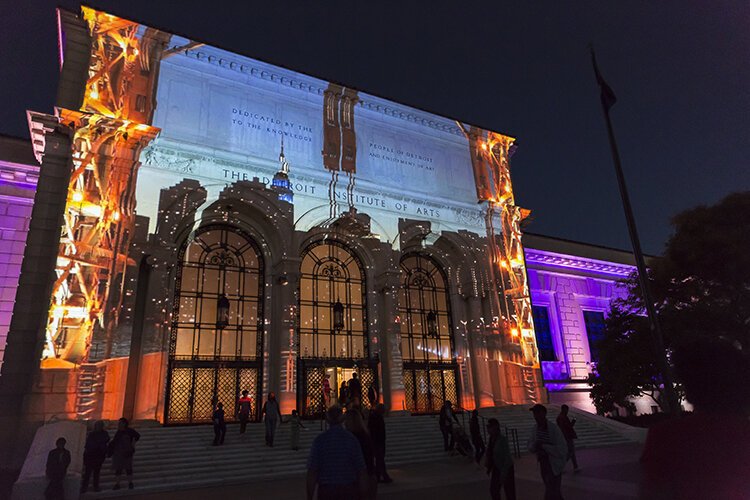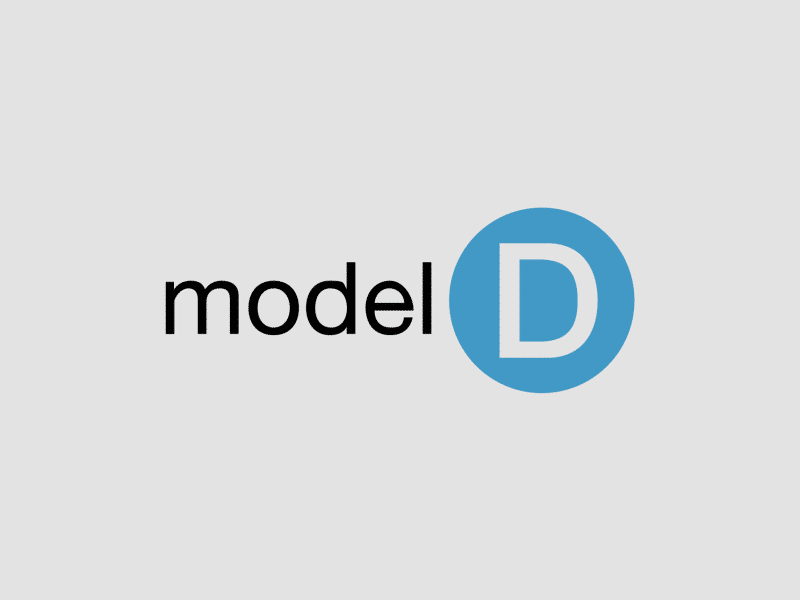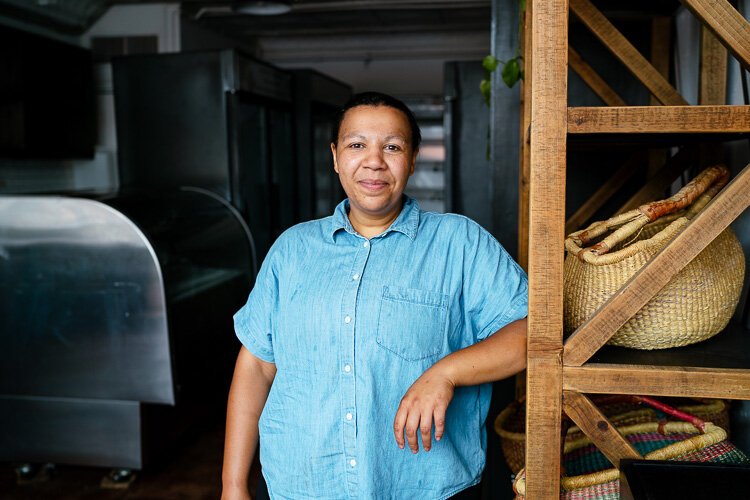Social innovation blog looks at how to turn around Detroit’s public schools
The social innovation blog nuPOLIS.com has their ideas on how to fix some of Detroit’s public schoolsExcerpt:The first innovation is in the redesign of schools for low-income
African-American and Latino students so they will beat the odds by
staying in school, graduating, and going to college. These schools are
designed to engage low income, “at risk” students in learning. They are
small and personalized, not the big, impersonal, factory-style schools
that traditional school districts keep operating. Although some are
charter schools, others are innovative schools within existing
districts, and still others are private, religious schools. They share
a basic model that works.
The second innovation is in school
governance. Education reformers in Detroit and across the country have
broken the grip of locally elected school boards over governance of
schools. For most of the 20th century governing authority
over schools was in the hands of local elected school boards. Now,
though, it is in many hands: Start with mayors in New York (1.1.
million students) and Chicago (400,000 students), the first and third
largest school districts in the nation. Then add in the hundreds of
“authorizers” that states now allow to charter schools outside of
traditional districts–universities and community colleges, county
governments, Indian tribes, state legislatures, state boards of
education, and nonprofit organizations.Read the entire post here.
The social innovation blog nuPOLIS.com has their ideas on how to fix some of Detroit’s public schools
Excerpt:
The first innovation is in the redesign of schools for low-income
African-American and Latino students so they will beat the odds by
staying in school, graduating, and going to college. These schools are
designed to engage low income, “at risk” students in learning. They are
small and personalized, not the big, impersonal, factory-style schools
that traditional school districts keep operating. Although some are
charter schools, others are innovative schools within existing
districts, and still others are private, religious schools. They share
a basic model that works.
The second innovation is in school
governance. Education reformers in Detroit and across the country have
broken the grip of locally elected school boards over governance of
schools. For most of the 20th century governing authority
over schools was in the hands of local elected school boards. Now,
though, it is in many hands: Start with mayors in New York (1.1.
million students) and Chicago (400,000 students), the first and third
largest school districts in the nation. Then add in the hundreds of
“authorizers” that states now allow to charter schools outside of
traditional districts–universities and community colleges, county
governments, Indian tribes, state legislatures, state boards of
education, and nonprofit organizations.
Read the entire post here.




